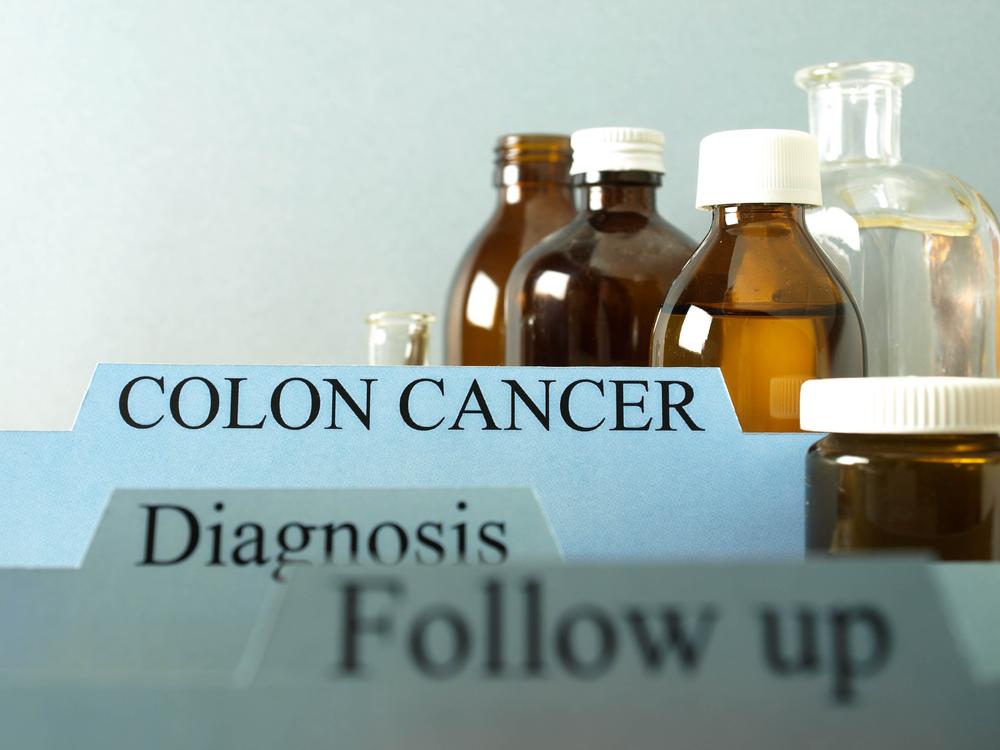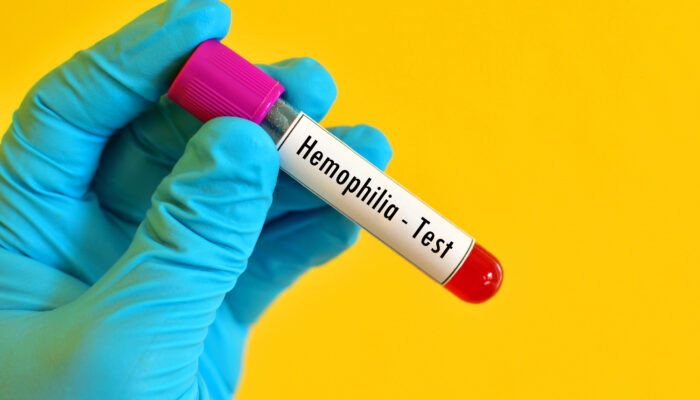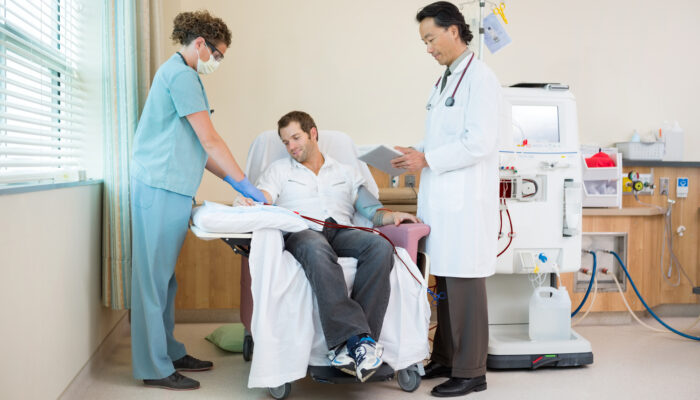
Signs and Symptoms of Colon Cancer
In the U.S. there are more than 200,000 colon cancer cases each year. This disease disproportionately affects older men. If caught soon enough, colon cancer polyps may be effectively treated. However, if not detected early, colon cancer can develop and spread (or metastasize) to nearby organs and tissues. Approaching the age of 45, all males should be regularly screened for colon cancer.
Signs and symptoms that indicate colon cancer include:
1. Blood in stool
If you see blood in your stool, you should always be alarmed. You must report blood in your stools to your medical provider. Do not take the risk of not informing them. Blood in your anus or around your rectum should also be reported to your doctor.
2. Abdominal pain
Another symptom is abdominal pain that does not go away. While you might think this is just gas or constipation issues, you could actually be dealing with something much more worse, colon cancer. Any time you have pain that will not go away, you should alert your physician, and that also goes for persistent pain in your abdomen.
3. Unemptied bowel feeling
If it feels like you can not completely empty your bowel, this could be cause for alarm for you. It is among the symptoms that could point to colon issues. Even after you go to the bathroom, you could still feel like you have to go. This could easily be confused with constipation. Be sure to check with your doctor if you have felt this way for some time. You might have heard this symptom referred to as Tenesmus.
4. Exhaustion
You should also be on the lookout for prolonged cases of unexplained exhaustion. If you are getting plenty of sleep but still feel wiped out, you likely have something wrong. Fatigue typically points to a medical problem. If you have this fatigue and also experience shortness of breath, you should let your medical provider know and also look for any of the other potential signs for colon cancer.
5. Night sweating
If you are dealing with night sweats, your body is under a lot of stress from something, and it might be trying to fight a medical issue. You must always report unusual sleeping experiences. You could be dealing with something that your body is trying to alert you about in regards to your health.
6. Other stool changes
While the aforementioned blood in stools is a red flag, you should also be on the lookout for any other changes, both sudden and long-term in regards to your stools. Thin stools, odd colored-stools, and very pungent smells should be noted and reported. When it comes down to it, you should report any new changes that you notice as unusual.



